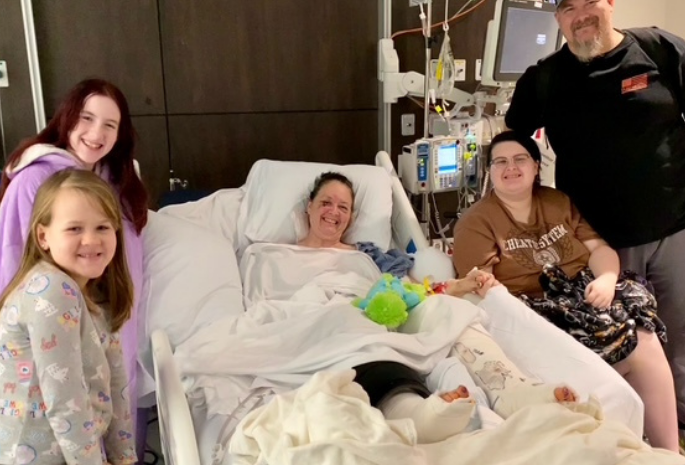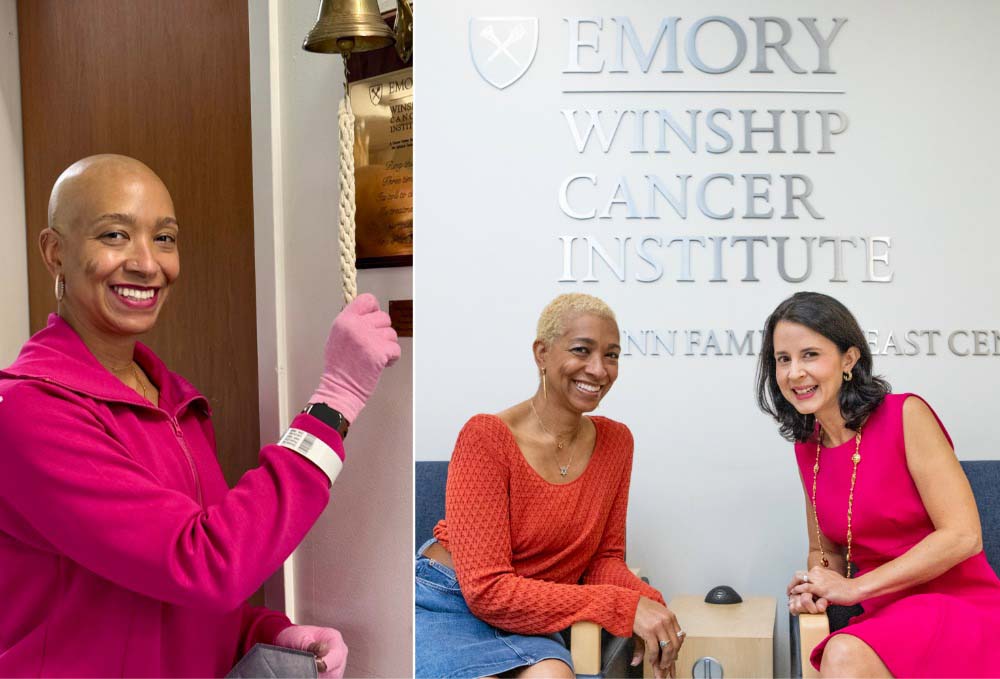John and Vicki were at a home improvement store in Fayetteville, Georgia in 2012 when it happened.
“There was a tremendous buzzing in my head, and I knew I was going to hit the floor,” recalls John, who was 64 at the time. “I grabbed Vicki’s hand and said, ‘This is it, kid.’ The next thing I remember is waking up with a gash on my head and three men working on me. I heard one of them say, ‘I’ve got his pulse.’”
John would later learn he’d suffered a cardiac arrest and been unconscious for four minutes. An off-duty emergency medicine technician (EMT) in the next aisle had heard the commotion and radioed for help. Quick action, including the use of a nearby portable defibrillator, saved John’s life.
The married couple was shaken by the incident but not completely surprised. After all, John had been diagnosed decades earlier with a heart defect called congenitally corrected transposition of the great arteries or CCTGA. This is a rare heart defect where the heart’s lower half is reversed.
At the time of his cardiac arrest, John had been having fainting spells for about seven years. He’d sought care at two Atlanta-area hospitals. But his doctors couldn’t pinpoint the cause of his symptoms or agree on a treatment plan.
“I had started to give up, to be honest with you,” says John. “I was sliding into a depression without even realizing it. I thought, ‘Well, I guess this will just keep happening, and then one day, I’ll pass out, and I won’t wake up.’”
Vicki was determined not to let that happen. The next day, armed with John’s extensive medical records, she got online and started to search for a new heart team.



 Transposition of the great arteries is usually diagnosed early in life, but it can go unrecognized for many years. John learned he had a heart defect at age 19 during a work-related physical in 1966. However, he was not aware that the condition could lead to dangerously slow heart rhythms and congestive heart failure.
Transposition of the great arteries is usually diagnosed early in life, but it can go unrecognized for many years. John learned he had a heart defect at age 19 during a work-related physical in 1966. However, he was not aware that the condition could lead to dangerously slow heart rhythms and congestive heart failure. Vicki learned about the
Vicki learned about the 

